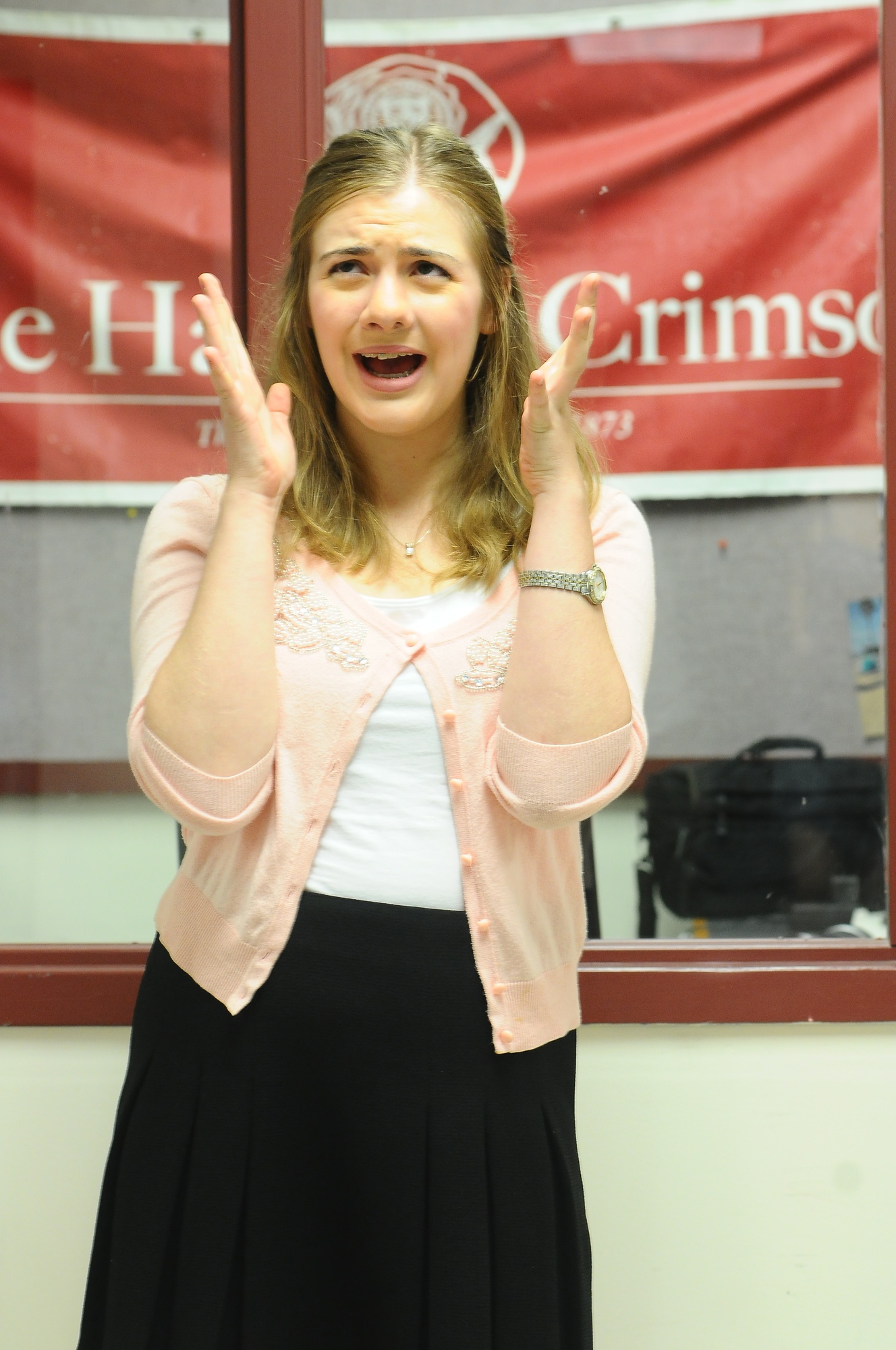
The Worst Best Party Ever
Three massive paper lanterns crashed onto the rented tables, linen tablecloths, and china waiting below.
“Julia Frances Paterno Ostmann,” said my mother, kneeling on the piano bench. Uh oh. “Enjoy this, honey, because you are never hosting another birthday party again.”
Shakespeare himself couldn’t have given words to the mix of fear and despair that coursed toxic through my body at this announcement. I was addicted to planning parties.
Not rage-all-night-in-a-cramped-room-that-smells-like-body-odor parties. I’m talking about theme parties—and no, not the toga kind, either. Since the age of eight, I have taken advantage of my mother’s distaste for planning, my father’s childlike imagination, and both of their indulgence to throw elaborate birthday parties: intricately staged events that cohere thematically, mandate costumes, and require set changes, mostly employing my little sister and her friends as child labor.
This particular party, of the paper lantern fiasco, occurred in the seventh grade. Forget the scarf-swathed tent my father and I had constructed in the living room for the Arabian Nights party; forget the vampire murder mystery game for which we had purchased a three-foot-tall vampire piñata. No, this year my newly-mature self would execute a pièce de résistance: “Totally Thirteen! All Around the World.” It would be the Best. Party. Ever.
The bad omen of the falling lanterns cast a pall over the hours to come. But if this party was to be my final legacy, I was determined to see the scheduled itinerary through.
The noncompliance began immediately: People were late. After enduring a brutal wait, the 12th and final girl arrived. She escaped murder only so that I could divided my guests into two groups, which would switch places after precisely 30 minutes. One half was meant to independently play a series of carefully-researched Native American games in the living room. I had placed printed instructions and a pile of multipurpose twigs. My mother would supervise.
In the front yard, I further subdivided the other half into two teams and guided them through the various regions of France for an exciting competition—I called it “Vive la France!” On the beaches of Normandy (alongside the garage), I instructed the teams to battle it out in a relay race.
The next stop was the front lawn. “The island of Corsica is wild, unique, and of course, surrounded by water,” I read to my no doubt rapt audience, before instigating a water balloon toss.
Before Provence’s game of “Beautify It!” could begin in the driveway, however, a disturbance occurred. Why were members of the Native-American-games group outside, trailing my teams through France?
Abandoning the compulsory Francophiles for a moment, I went inside to investigate. I discovered, to my horror, anarchy. Someone had turned off the orange-and-white boombox playing Native American chants. The twigs I had hastily gathered two minutes before the party were too flimsy to play games with. My mother was chatting with a parent, willfully ignorant of the catastrophe.
Frustrated, I returned to France with the dogged vigor of a professional tour guide. We were behind schedule. The Native-American-games group had nothing to do, so I quickly jettisoned some French regions and switched the groups. Gosh dang it, we would be watching “Harry Potter and the Goblet of Fire” by 8 p.m. or someone would pay.
After the chili-pepper piñata, I had reserved ten minutes in the schedule for a costume change before dinner in Vietnam. In the welcome quiet of my bedroom, I pulled on the purple silk “ao dai” we had bought two summers previous, when my mother had been working in Hanoi. It always made me feel beautiful.
It is high time, I think, to mention that notions like “cultural appropriation” and “colonial legacy” and “unaware racism” are foreign words to little white girls growing up in Orange County, California. At age 13, my understanding of world cultures resembled the “It’s a Small World” ride at Disneyland: I was one twirling doll among many, all dancing along predetermined tracks and singing, in different words, of the same predetermined dreams. (Do not get stuck on the “It’s a Small World” ride. It’s a frightening place.)
Anyway, I strode out in my silks only to find that my father, a procrastinator like myself, was rushing to finish cooking a five-course dinner while simultaneously fulfilling his set-change duties. He conveyed his sour mood. Then, just past the kitchen, I discovered that some of my guests—who had been instructed to wait outside—had snuck back in and once again turned off the orange-and-white boombox (which was now set to traditional Vietnamese music). One guest even had the nerve to wait inside on the window seat.
I escorted her to the front door, opened it, and faced my assembled guests on the porch.
“What is wrong with you!” I exploded. My face had contorted into steamroller mode: eyebrows scrunched together, lower lip jutted out. There was no stopping the demolition.
“I’m gone for 10 minutes, and you mess everything up!” I shouted. “You need to get it together! When you’re supposed to wait outside, wait outside! When we’re doing an activity, do the activity! And puh-leese stop turning off the boombox!”
I don’t remember the rest of the party. But I do recall feeling distinctly that perhaps this had not been the first triumph of my teenage self, but rather a final adieu to the excesses and dreams of childhood.
Oh, and I did manage to wheedle another party out of my mother—with a caveat. Next year’s theme would be quiet, simple yoga.
Julia F.P. Ostmann ‘15 is a History of Science concentrator in Quincy House. Her birthday is May 19th and you’re not invited. Don’t turn off her boombox.


